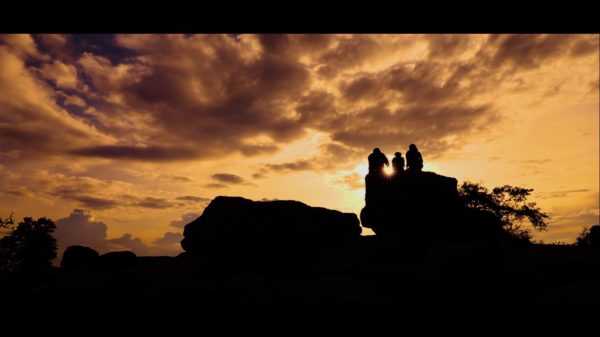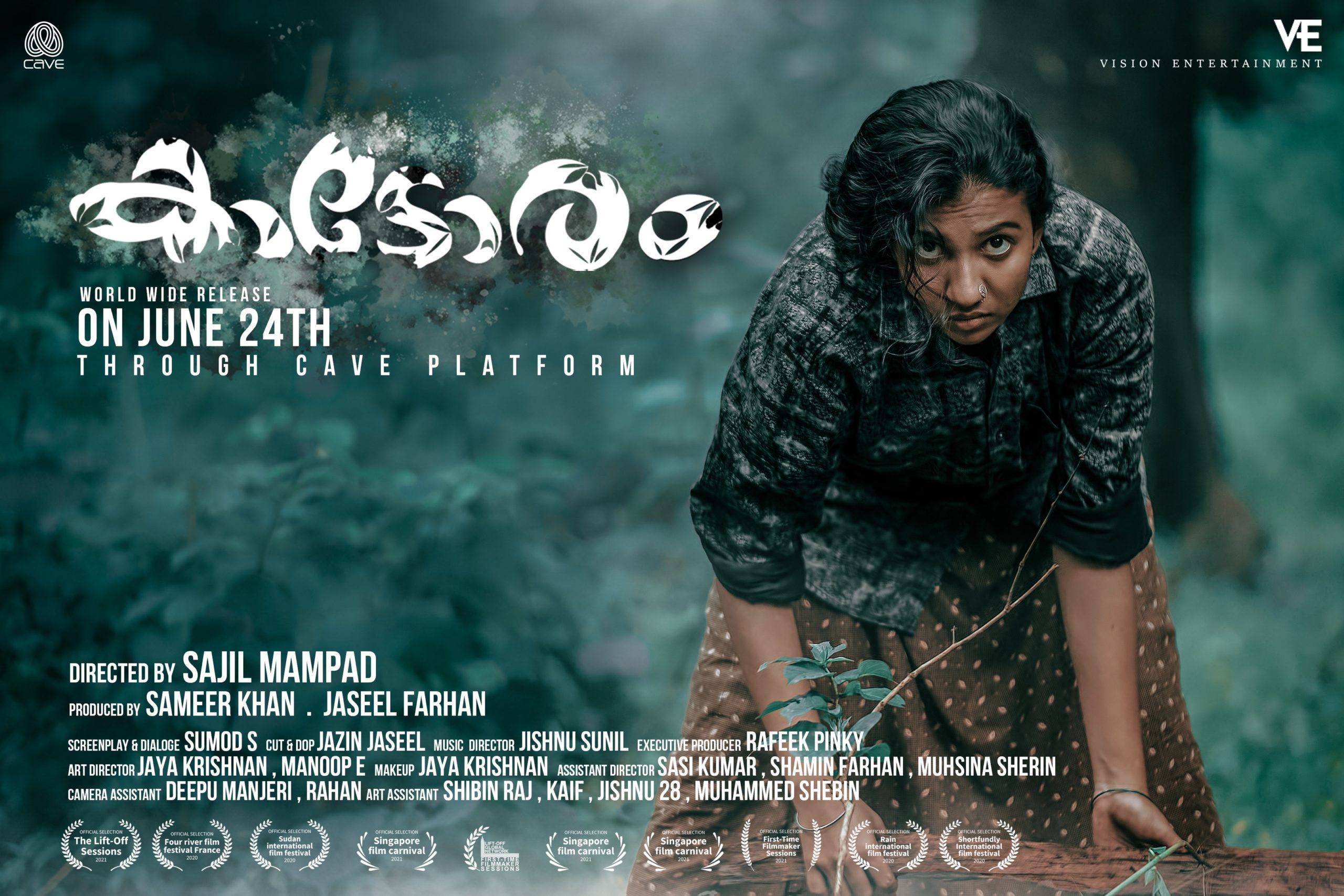Sennai, the Tamil film that premiered at the Tagore International Film Festival 2021 and won several accolades, is set to stream on Neestream from Wednesday.
Produced by Leeju under the Enso Pictures banner, the film set in an unnamed village in Tamil Nadu follows the life of undertaker Annam, who carries on her ancestral job as a means of survival. She suffers from tuberculosis due to smoke from the cremations. Annam faces caste discrimination when the doctors at the hospital she works at, refuse to treat her or lend her an ambulance.
The trailer of the 60-minute social drama, written and directed by Jaikumar Sedhuraman, was released on Friday.
Sennai documents the suffering of the oppressed that, in Annam’s case, extends until her deathbed, the film’s director Jaikumar says in conversation with Silverscreen India.
He adds that Neestream is the best option for the film amid the pandemic. “We knew that this film would not run in theatres since it is not headlined by big stars. I saw The Great Indian Kitchen on Neestream and they had also seen my film in festivals,” he says, adding that the streaming platform approached them.

Metaphors and inception:
Sennai means wild dog in Tamil and the film takes its name from a metaphor involving dholes (a species of wild dogs).
Annam’s story in the film is juxtaposed with the tale of a fertile forest where all animals live in harmony until a herd of deer deplete the forest’s resources. As the resources dry up, all the living beings leave the forest. Eventually, an old man who comes that way decides to bring two dholes to the forest, to bring back the equilibrium.
On how he conceived this idea, Jaikumar says, “In 2019, I took up agriculture in Tiruvannamalai for a period. On the last day, I went to a forest nearby and I could observe only deer there. It provoked a thought in me: what if the forest comprised only of deer?”
“The forest, the herd of deer, the dholes, all represent society and the diversity that exists among people that we meet and cross paths with. Anything that affects this diversity can bring about destruction,” the director adds.
“I took deer as my starting point because it is often assumed that the ones that appear calm are non-problematic. I wanted to show the destructive ability of herds, and draw a parallel to humanity,” Jaikumar explains.
The film speaks about various aspects of caste oppression: caste-based occupations, the brutality of oppressors, honour killings, criticism against reservation, and so on. Jaikumar says, “The idea is to show how oppressors will assert their dominance even in a democratic sphere.”

‘All discrimination is rooted in the oppression of women’
On choosing a woman as his protagonist, the filmmaker says, “All discrimination and related politics are rooted in the oppression of women. The moment we adopt patriarchy, we treat women as property. I have shown the same here.”
Jaikumar says he has adopted a mix of non-linear, linear, and hyperlinked modes of screenplay, centred around Annam’s story.
“I have shown Annam’s story in a linear fashion and it is hyperlinked with other stories. She is discriminated against and oppressed in every way. Even her husband leaves her. Finally, she runs to freedom and her ultimate death.”
The filmmaker adds that his favourite moment is the one near the end where Annam’s silhouette is seen running towards the sun as it fades out.

Fiction or non-fiction?
The film features the line: “Is the story fiction or non-fiction?” It was a question the filmmaker asked himself before writing Sennai. The answer, Jaikumar says, was fiction.
Recommended
The filmmaker explains that the instances of caste oppression shown in Sennai are all based on true incidents that provoked a feeling of guilt in him. “There was an Odisha man who walked miles carrying his wife’s dead body, student Anitha who died by suicide, a couple who split due to caste differences following which the man (Ilavarasan) was found dead. I have put them all together to present this fictional film,” he adds.
The film was shot in Tiruvanamalai with Ravindranath Guru as the cinematographer. “When I wrote, I was conscious that I did not want to go beyond a 5-km radius of the place. I also did not want to involve big cameras or feature famous faces. This film is not to entertain people but to convey the guilt I feel,” the director says.
Jaikumar believes that films like Sennai can initiate discussions about caste oppression and thus have the power to change society.



